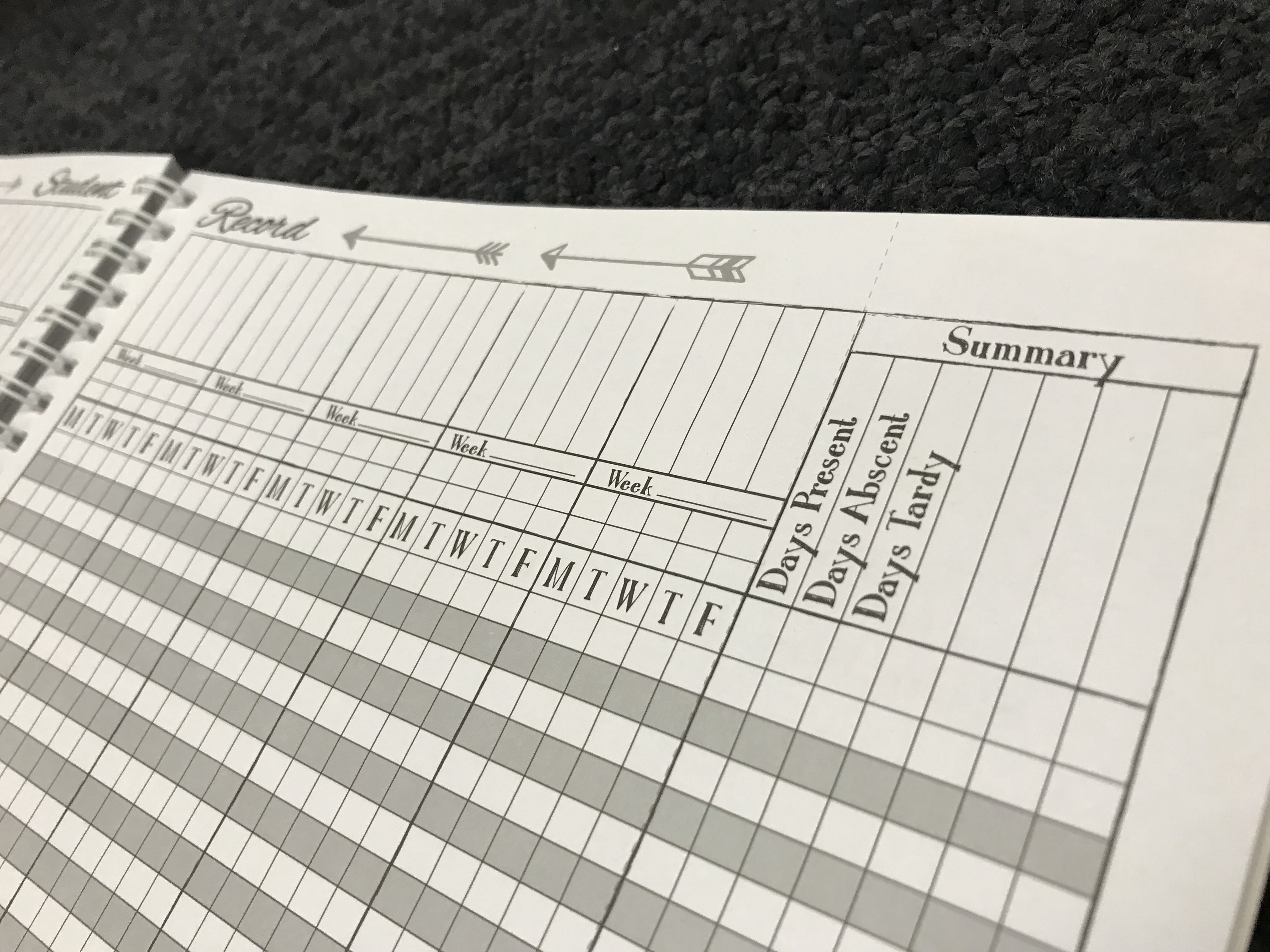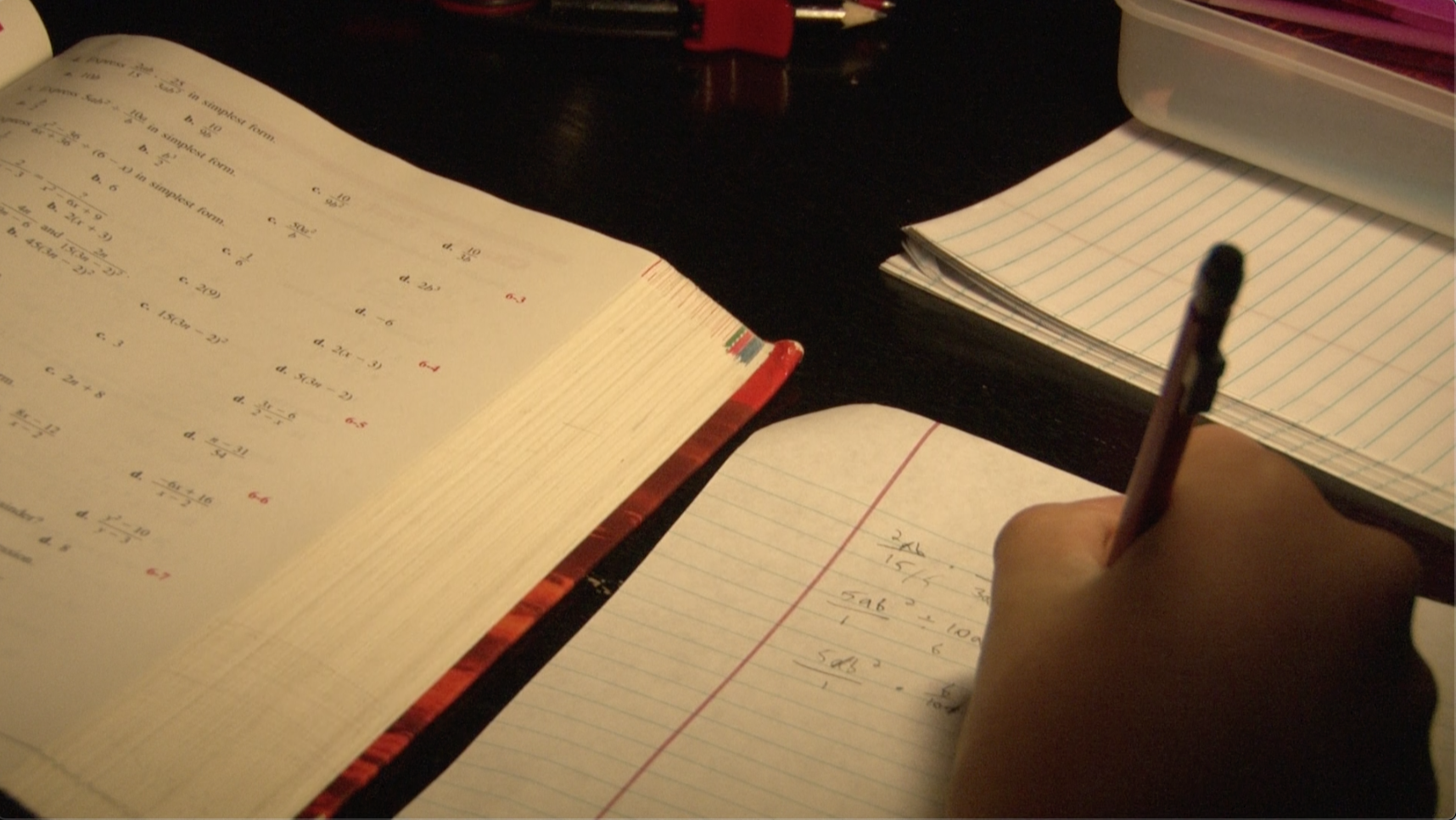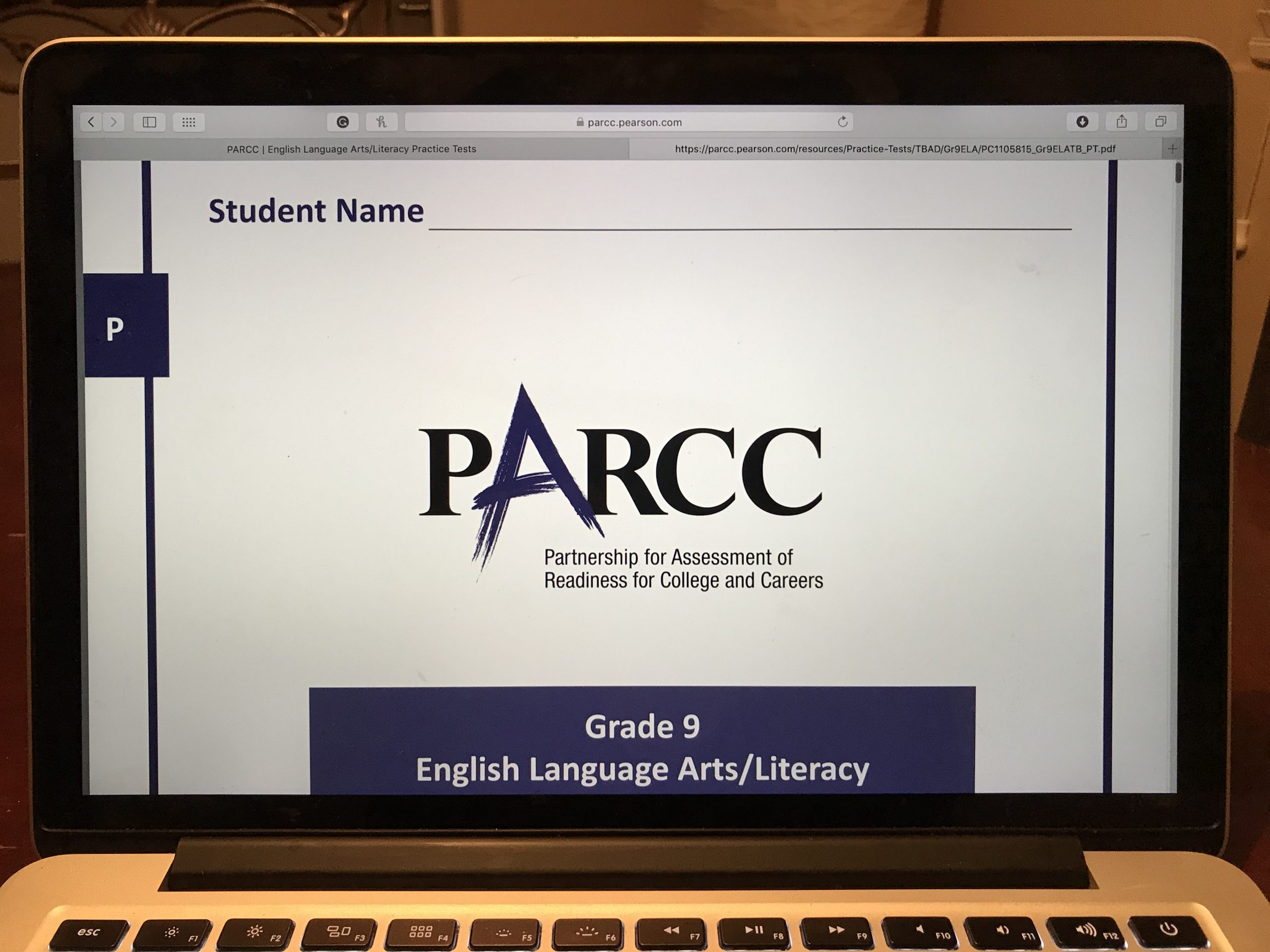New Mexico Gov.-elect Michelle Lujan Grisham made a campaign promise to sign an executive order by the beginning of fiscal year 2020 (July 2019), putting an end to the test known as PARCC—Partnership for Assessment of Readiness for College and Careers. The tests are required in New Mexico’s public schools. Lujan Grisham indicates that the test does not have it’s intended effect. Her proof? She points to New Mexico’s last place ranking among the 50 states.
PARCC is administered in New Mexico, Maryland, New Jersey and the District of Columbia. Colorado and Louisiana use PARCC questions within their own assessment according to Education Week. Lujan Grisham told the Santa Fe New Mexican she hopes New Mexico will adopt its own standardized test to measure student success.![]()
Lujan Grisham said 90 percent of New Mexico’s annual grade of any public elementary and middle school is determined by PARCC results. Her policy paper, “A New Direction for New Mexico Schools,” also said 75 percent of a high school’s grade is earned through PARCC results.
State Senator Mimi Stewart said she believes PARCC is not an effective way to assess schools or teachers.
“PARCC has been used in these two systems that are not working well for our public schools — the teacher evaluation and the school grades,” Stewart said.
PARCC was first administered in 2015. At that time, 71.3 percent of teachers scored “effective” or higher, according to the public school accountability report released by the state Education Legislative Committee. There was a three percent increase in 2016 for the grouping of effective teachers, but the number of effective teachers alone has consistently dropped.
Teachers complain the tests consume a lot of their time. Christopher Eide, who directs the Educator Quality Division at the New Mexico Public Education Department (NMPED), said NMPED strives to minimize the amount of testing while keeping teaching methods efficient.
“We’re constantly trying to keep the level of rigor high, and the amount of required testing as low as humanly possible,” Eide said.
Michelle Atencio, a math teacher who is Teachers of English to Speakers of Other Languages (TESOL) certified, said PARCC has given her more challenges than success.
“PARCC is very difficult for students to show competence and teacher’s evaluations are partly based on test scores (35 percent),” Atencio said. “It is very difficult for teachers to be effective or better because of the PARCC test.”
Tanner Davis, a ninth-grade student, said he supports the idea of eliminating of PARCC because changing New Mexico’s standardized test would allow students to expand their knowledge on a topic. Additionally, he said the test measures more than student success.

“We’d have more time in class to learn new material, but also the PARCC is necessary to evaluate our teachers,” Tanner said.
Stewart said PARCC’s testing results are given to educators so late in the school year that it does not drive teacher practice. She would like to have a standardized test with pre-tests leading up to an end of the year exam.
“Teachers know more about where their students are so they can determine if their teaching is working — change strategies mid-year if they need to — so the PARCC is just not useful to teachers,” Stewart said.
Atencio said her lesson plans would change significantly if students no longer had to take the PARCC test.
“My students will be allowed more time on a lesson instead of trying to rush through everything to make sure all standards are covered,” Atencio said.

Atencio said students she has seen benefit from the state test are highly gifted. Others are not prepared for the test content.
“The students are still children and their brains, emotions, social skills are not ready,” Atencio said.“I look forward to getting rid of PARCC so that teachers can go back to enjoying teaching and students can go back to being kids and loving/liking education.”
Tanner said his personal experience taking the PARCC test gives him mixed emotions about potentially ceasing the exam.
“We usually spent two to three days reviewing before the test so that helped me a lot,” Tanner said. “I was pretty confident because the teachers gave us a practice packet with material that the PARCC would have.”
Under the federal Every Student Success Act (ESSA), there must be a test to measure student performance. State Representative Alonzo Baldonado said reconsidering PARCC may be a struggle.

“Whether or not a bill or law needs to be changed, we’re not able to put into a piece of legislation that becomes law,” Baldonado said. “There has to be some sort of test; you have to measure student’s progress.”
Baldonado said Lujan Grisham’s Secretary of Education will heavily influence this issue, but so will the legislature and the NMPED.
“Ultimately, I think that decision’s going to be driven by the NMPED and the Secretary of Education, whomever that may be,” Baldonado said. “It’s a matter of the NMPED looking at what other tests are available.”
Eide cautions that getting rid of PARCC should be reconsidered, especially because students have to take a test every year to measure their progress by law.
“If we get rid of PARCC on January first, we have to be ready to administer some assessment by the end of the year,” Eide said. “Otherwise you’re going to have a lot of upset people who don’t know what they’re supposed to be doing, how they’re supposed to be teaching their students, what they’re supposed to be preparing them for, and you have a system of chaos.”
Lainey Jameson and Amy Byres can be reached on Twitter @livewithlainey and @amybyres12.
